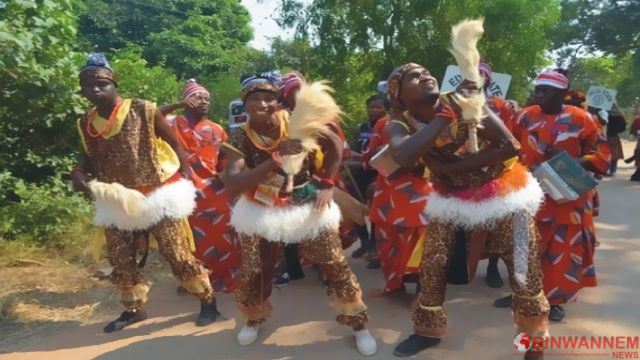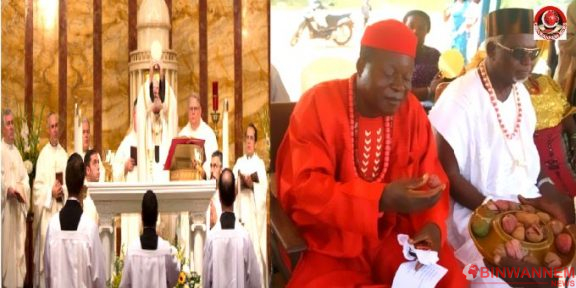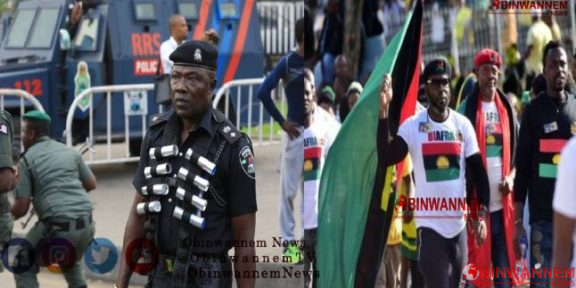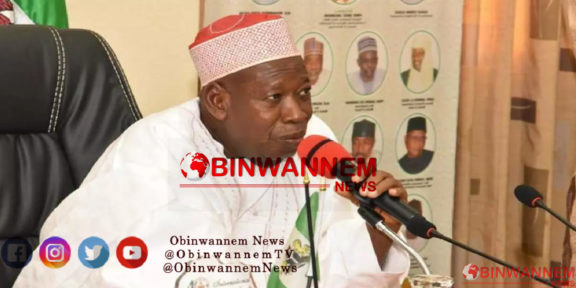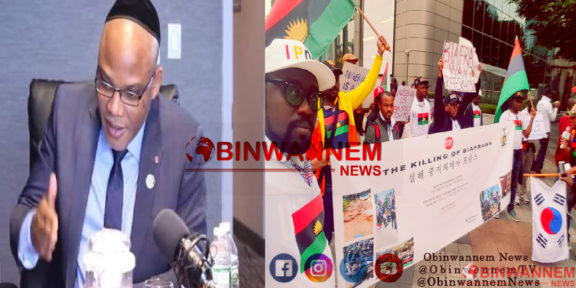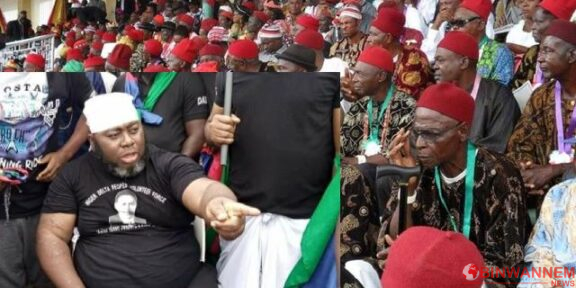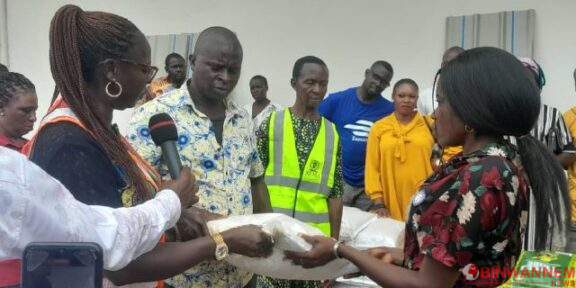The Igbo people are among Nigeria’s largest ethnic groups that have a diverse and vibrant cultural heritage that spans several centuries. These unique customs and beliefs in Igbo culture rich practices and traditions are woven into the history, spirituality, and community. In this article, we delved into the fascinating world of Igbo tradition, shedding light on their customs, beliefs, and practices that have shaped their identity and continue to influence their ways of life.
Customs and Social Structure
Central to Igbo tradition is their intricate system of social structure and customs. The Igbo society is organized into clans, which are further divided into villages and extended families. These communities are tightly knitted, and their respect for elders is deeply ingrained. The “Igbo Umuada” system, is a women’s collective that focuses on supporting one another and maintaining cultural values that play a significant role in preserving customs.
Beliefs and Spirituality
The Igbo people’s spiritual beliefs are rooted in an assemblage of deities, spirits, and ancestors. The supreme God, “Chukwu” or “Chineke,” is considered the creator of the universe. Alongside Chukwu Okike, various deities oversee different aspects of life. One of these deities is “Amadioha,” the god of thunder and justice. Ancestor veneration is another integral part of Igbo spirituality, because they believe that ancestors can influence the lives of the living.
Practices and Traditions
Igbo traditions are showcased through a variety of ceremonies and rituals. One of such popular ceremony is the “Igba Nkwu” or traditional marriage ceremony. The highlight of “Igba Nkwu” involves the paying of bride price or dowry. Another essential event is the “New Yam Festival” (Iri Ji), which celebrates the yam harvest and emphasizes on the importance of agriculture in Igbo life. The Iri Ji festival features “Mmanwu”, colorful masquerades whose performances tend to connect the living with the spirits of the deceased.
Language and Art
Igbo people speak Igbo language, which is a cornerstone of their cultural identity. The language, which is spoken by millions, is used not only for communication but also for preserving folktales, proverbs, and oral history. Igbo art is equally significant, and it involves intricate sculptures, masks, and textiles adorning ceremonies and rituals. These art forms often carry symbolic meanings that connect to their beliefs and traditions.
Challenges and Preservation
In the face of modernization and globalization, Igbo tradition faces authenticity preservation challenges. This is important because the younger generation’s exposure to western influences can sometimes lead to a dilution of cultural practices. However, concerted efforts are being made by cultural organizations, scholars, and community leaders to document and transmit Igbo customs, beliefs, and practices to future generations.
The Igbo people’s rich heritage is a testament to their deep connection with their roots and the values they hold dear. Through these customs, beliefs, and practices, they have crafted a distinct cultural identity that continues to evolve while firmly anchored to their traditions. By exploring and understanding the rich tapestry of Igbo tradition, we can gain insights into the intricate fabric of one of Africa’s most vibrant and enduring cultures.


